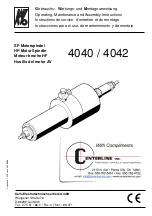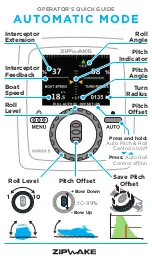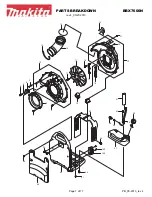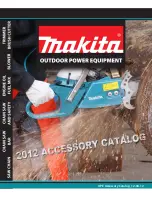
SW-Stahl und Werkzeugvertriebs GmbH
Tel. +49 (0) 2191 / 46438-0
F
5
6
e
s
s
a
r
t
S
r
e
s
u
k
r
e
v
e
L
ax +49 (0) 2191 / 46438-40
e
d
.l
h
a
t
s
w
s
@
o
f
n
i
:l
i
a
M
-
E
d
i
e
h
c
s
m
e
R
7
9
8
2
4
-
D
Instruction Manual
BGS technic KG
Bandwirkerstr. 3
42929 Wermelskirchen
Tel.: 02196 720480
Fax.: 02196 7204820
www.bgstechnic.com
SAFETY
Take care when opening the cooling system. Cooling system may be under pressure and hot
coolant can spray out.
Before dismantling the pump or the adapter release the pressure.
Check the cooling fluid after the pressure test or repair of correct level and frost protection.
Take care when working on running engines, loose or baggy clothing can be caught in rotating
engine parts.
INSTRUCTION
1. Cooling System Leakage Test
2.1 Removing the original radiator cap from the radiator or expansion tank.
2.2 Choose the appropriate adapter from the test set and connect it to the radiator or expansion
tank.
2.3 Now connect the hand pump (1) to the adapter.
2.4 Press the test pump until pressure of 10 to 15psi is reached. (see figure 1 +2).
2.5 CAUTION: Avoid a pressure of 35 psi or more!
Check the pressure gauge. If the displayed value decreases, the leakage is in the cooling
system.
2.6
The cooling system has a leak, if there is pressure drop or water loss,.
2. Radiator Cap Leakage Test
2.1 Remove the original radiator cap.
2.2 Choose the appropriate joint 2a or 2b and connect it to the radiator cap.
2.3 Press the test pump for few times and watch the pressure gauge. The pressure falling if the
cap is defective. (see fig.3)
2.4 Compare the measured pressure values with the standard-pressure of radiator cap.
MAINTANCE / STORAGE
Attach the Test Adapter to quick coupler of Hand Pressure Pump, then press the Hand
Pressure Pump few times to push remnant water out the Test Adapter.
Drop pneumatic oil into the air hole of the Hand Pump end to lubricate the piston of Hand
Pump.
IMPORTANT NOTE
These instructions do not replace the service literature. You may find additional information in service-
literature.
For all tests vehicle-specific data should be present, without this data can adequate results are not
ensured.
























